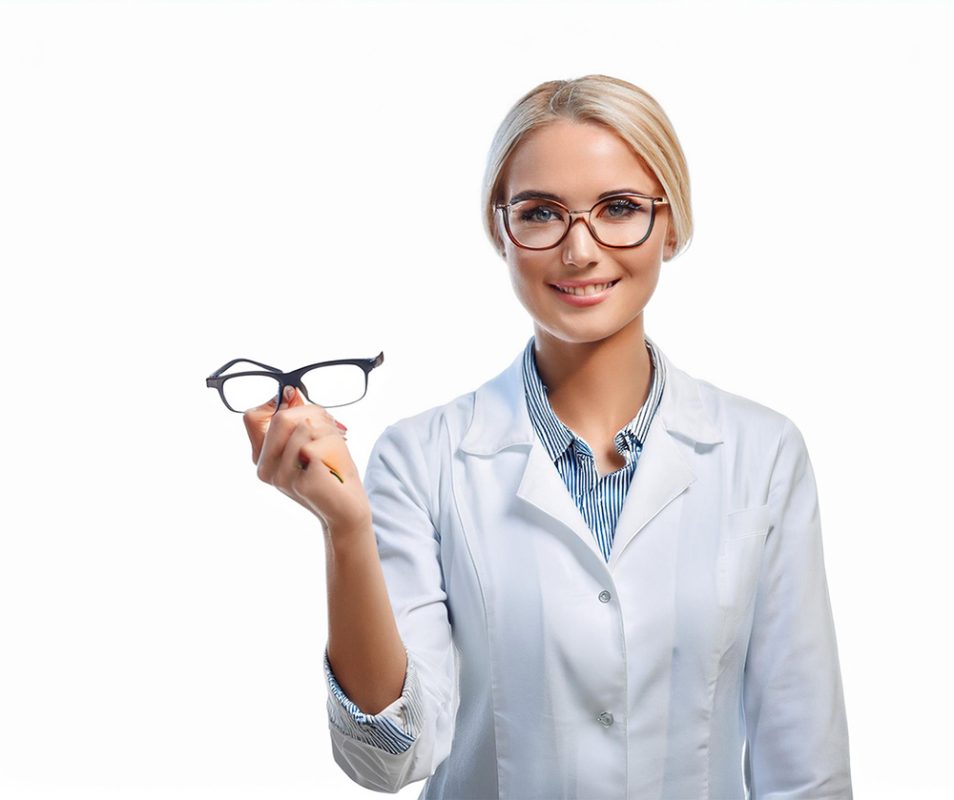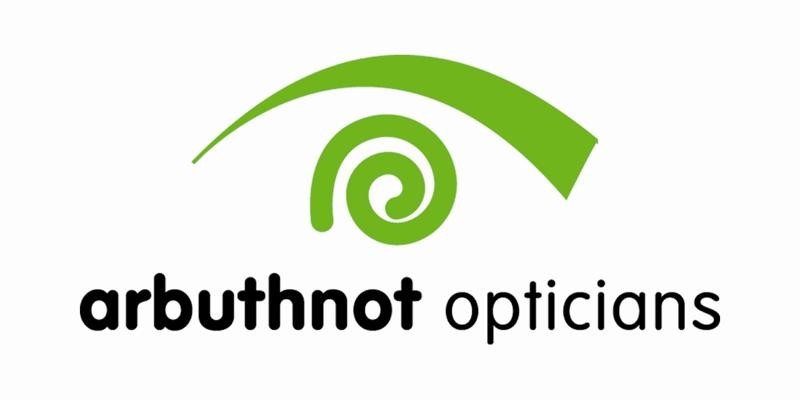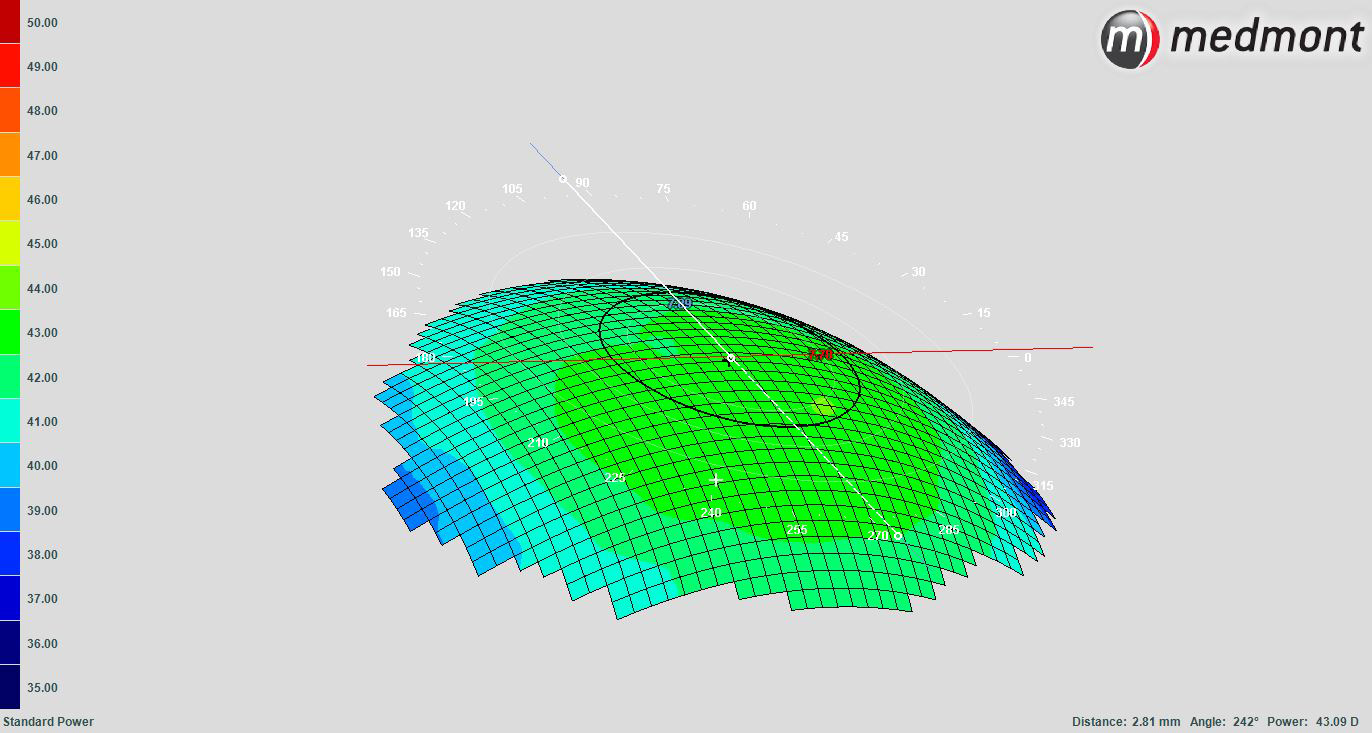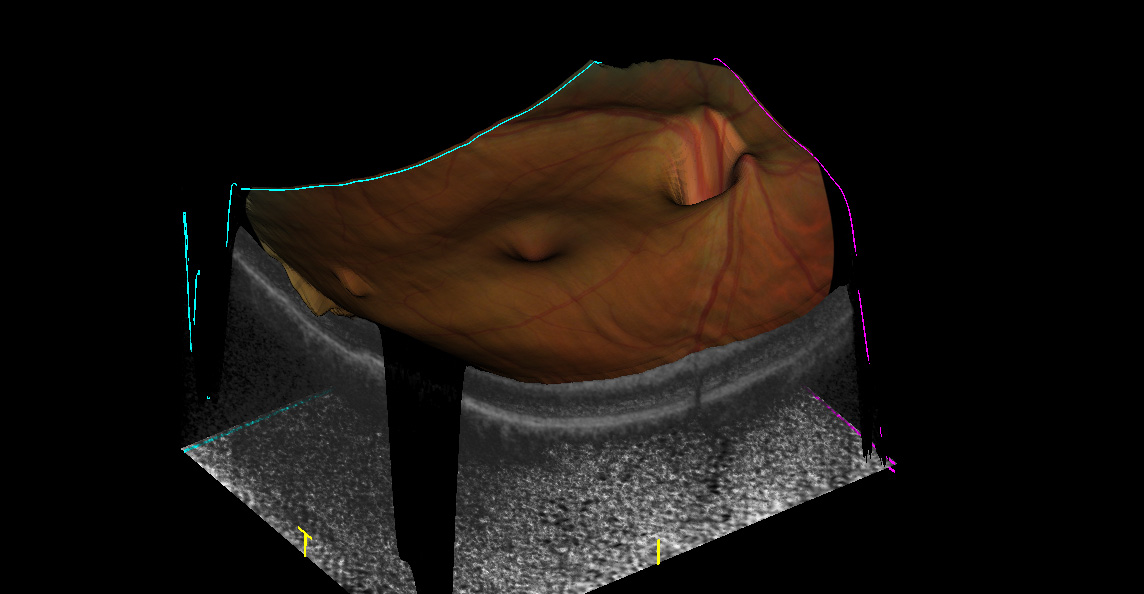Eye Examinations
We take our time with our eye examinations offering longer appointments than most of the multiple chains so you don’t feel rushed or as if you are on a conveyor belt! We treat you as an individual and try to get to the bottom of your individual visual needs whether that’s work, hobbies or sport and give you the most suitable prescription. We then advise you on the best way of transferring this prescription into comfortable glasses whether that may be varifocals, bifocals, single vision lenses or occupational lenses (a specialist lens often used by office workers and musicians).
We discuss your general health and any medications you may be taking (so please bring a list) and discuss how either of these may be affecting your eyes or vision. We discuss your family history so we are aware of any eye problems that you may be at an increased risk of developing.
We perform a thorough painless examination of the health of your eyes to ensure they are healthy and if there are any concerns, these are dealt with in the most suitable way. We include photographs of the inside of the eye at all examinations at no extra charge. We will often measure the pressure in your eyes and your peripheral vision using a computerised visual field screener as we only use a very small portion of central vision to view the letter chart.
We are always professional and never push you into buying unnecessary products. We just suggest what we believe is best for you as an individual. Even when your prescription remains stable, lens technology is always advancing so we can often offer you a new, superior product.
If we feel it necessary we will advise you to have supplementary examinations carried out. These give us a far more comprehensive examination of the health of your eyes than a basic eye check.
We give you a full easy to understand explanation of all our findings.
Book AppointmentChildren's Eye Tests
All our optometrists are experienced in examining children and make them feel relaxed and comfortable. We have lots of different ways of assessing vision and eye health so may use a variety of different ways before we’re happy we’re a getting a true assessment of their vision. Don’t worry if you feel they’re getting letters wrong as they don’t know them for example as we’ll be on top of this and seamlessly move to a different method to ensure there’s no feeling of failure in what should be a positive experience . We realise that each child is different and don’t all have the same capabilities at a specific age. Feel free to bring a favourite toy along for the little ones as this can really help us in holding their attention for different tests.
Book Appointment
Emergency/Urgent Appointments (WGOS2)
All our optometrists are qualified to provide emergency NHS funded care for sudden eye problems including loss of vision and eye pain. In the vast majority of cases this makes an appointment with your GP or lengthy trip to the ophthalmology department in Cardiff unnecessary. We reserve slots in our busy diary to allow as many urgent cases as possible to be seen within 24 hours if that is needed. Our receptionists have been trained by our optometrists to ask questions to allow us to triage and prioritise based on your symptoms so please explain your problem fully to them.

Optical Coherence Tomography (OCT)
At Arbuthnot’s we’ve always been keen on using the latest clinical equipment and were the first in the Vale of Glamorgan to invest in OCT. OCT works a little like an ultrasound or MRI in that it allows us to see what’s happening under the surface and gives us a 3D picture of the retina and optic nerve. It’s an invaluable tool in assessing patients for conditions such as glaucoma, macular degeneration and diabetic retinopathy amongst many others. It then allows us to compare your eyes against “normal” but crucially to then detect microscopic changes over time which could indicate early eye disease that may require treatment. There is a charge for OCT as it is an expensive machine but also as it is our optometrists that conduct the test and use their time, experience and knowledge to interpret the scans.
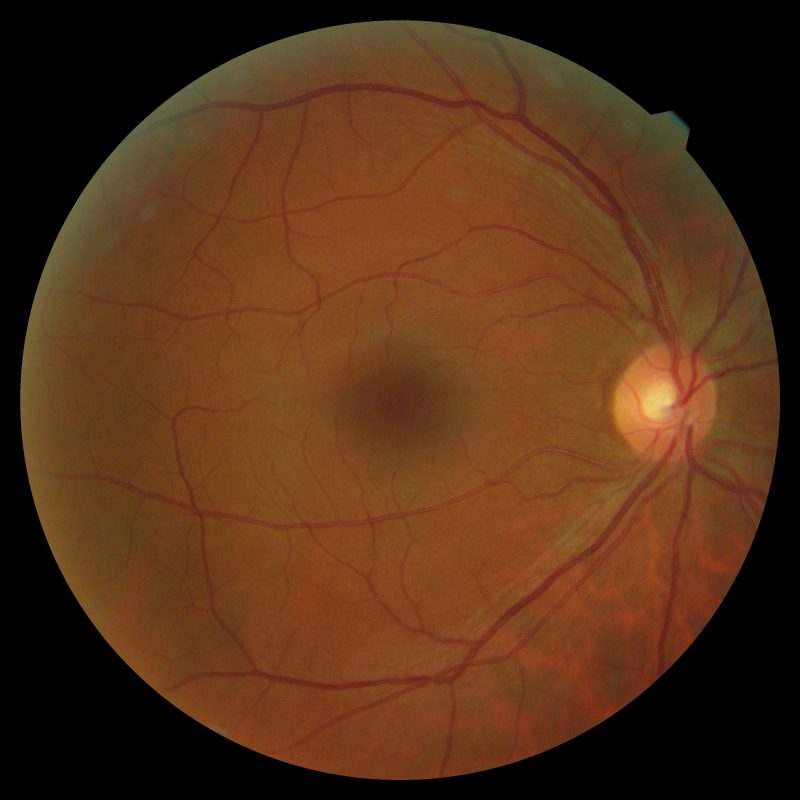
Dispensing consultation
Our fully qualified dispensing opticians Sharron, Nia, Katherine and Erin are highly experienced in helping you with selecting frames and the most suitable lenses for your prescription and lifestyle. All our dispensing opticians are involved in selecting the frame ranges we stock so you can be confident in the quality and style. We now work on an appointment system with our dispensing team so you won’t feel rushed and we’ll help you in any way we can so you are completely happy with what can be a very important purchase.
